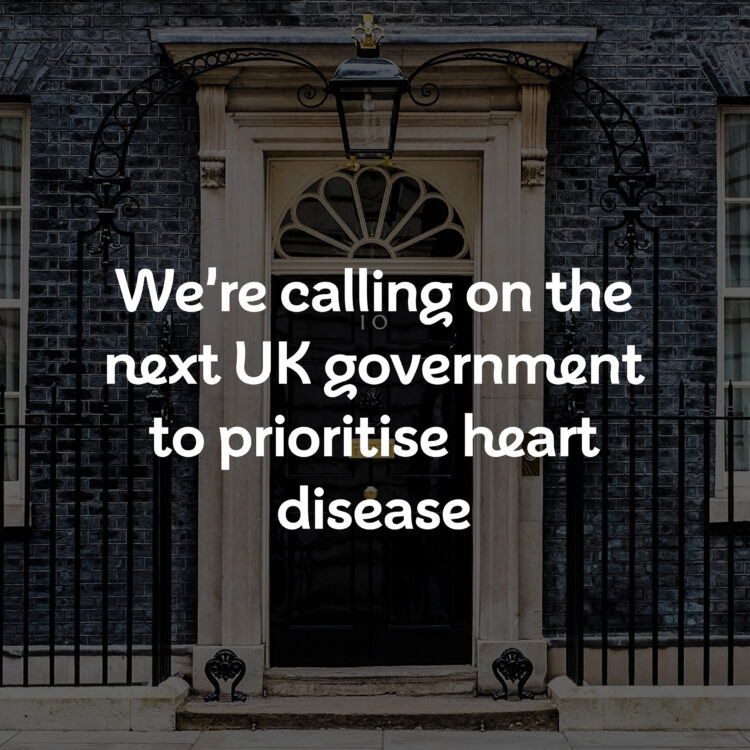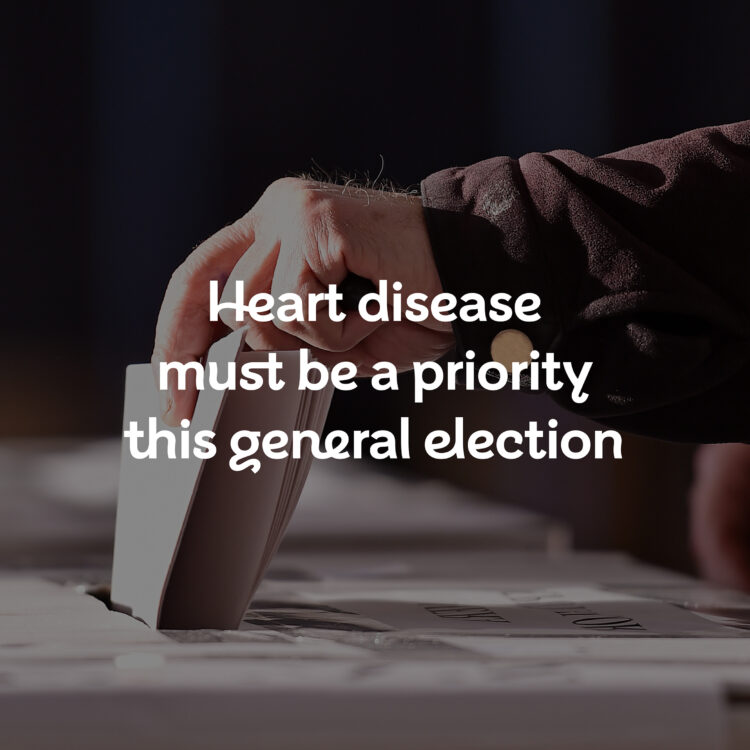Brands must put trust at the heart of our relationship with consumers

Opinion
Advertisers have a responsibility to support trusted, quality sources of information as fake news becomes more easily accessible.
It’s fair to say it’s been a summer of high and lows. England’s footballing heroes roared to another European final in Berlin, while our star athletes struck gold, silver and bronze in Paris.
However, events in Southport and the subsequent riots spurred on by online misinformation have cast a long shadow.
The visible consequences of how misinformation online can unleash violence and hatred offline has posed an important question for brands and advertisers on how they can work to ensure trusted sources of information remain equipped to fight the ever-growing onslaught of fake news.
It’s an issue that Brits really care about. A month before the unrest, a Newsworks survey in the run-up to the election found that 65% believed quality journalism can help combat the spread of misinformation. Six in 10 said they use reputable sources such as news brands, TV and radio news to fact-check the information they read online.
What’s more, people are more than twice as likely to trust the political news they read in news brands than on social media.
Maintaining trust and reputation
As a brand rooted in the importance of humanity and hope in everything we do, credibility is just as vital to us at the British Heart Foundation. Maintaining the trust and reputation we hold with our audiences means it’s important that we work with reputable sources of information that are vital to helping our messages resonate more strongly with who we want to speak to.
News brands are a key part of this strategy: they combine an impressive and diverse reach and a highly engaging format with quality information that audiences can trust.
So, when a new campaign requires the attention of readers and policymakers alike, agenda-setting journalism is vital to spread the message far and wide.
Our “Hearts Need More” campaign in the run-up to the general election is a case in point. No matter which party is in Number 10, we need politicians to put cardiovascular disease at the heart of their health agendas.
Latest figures show that we’re in the grip of a heart-care crisis, with record numbers of people waiting for vital heart tests and treatment across the UK. When the general election was announced in May, there were — and still are — over 400,000 people on the waiting list for vital heart treatment and care in England alone. That’s a colossal 78% increase since February 2020.
To put it mildly, there wasn’t a moment to waste to ensure the voices of people affected by long waits for heart care were being heard.


Born campaigners
The power of news brands has been pivotal in making the campaign a success. Indeed, when it comes to campaigning on the issues that we really care about, news publishers are a natural fit. They’re born campaigners, fighting on behalf of their millions of readers to raise awareness of issues that matter to them.
A look at some of their high-profile campaigns from recent years gives a flavour of the breadth of issues they take a stand on for their readers. This ranges from successfully fighting for life-saving organ-donation laws and recruiting tens of thousands of Covid-19 vaccine centre volunteers to getting more young people into work — and even campaigning to ensure England’s original Lionesses were officially recognised by The FA.
For “Hearts Need More”, sharing personal stories of those with first-hand experience of the heart-health crisis was a core part of keeping the issue at the top of the news agenda. Real-life stories from patients such as retired teacher Glynn Evans were featured in stories published by news brands such as The Guardian and The Times.
The campaign is beginning to get cut through with key politicians — Labour committed to tackling the UK’s biggest killers in its manifesto, including cardiovascular disease, and the recent independent review of the NHS by Lord Darzi acknowledged that care for cardiovascular conditions is going in the wrong direction. We now want to see this turned into action.
Big impact
When a campaign needs to make an immediate impact, harnessing the commercial advantages of news brands really helps pack a punch.
In the past year alone, we’ve used print display and a brand partnership to show the real impact people can make by leaving donations in their will, while another multichannel campaign promoted our Heart Helpline for readers’ big and small questions about heart health.
All this is why I’m delighted to be chair of judges for the 2024 Newsworks Awards. I understand the power of news brands to get to the heart of the matter and make lasting, impactful change for readers and wider society.
I can’t wait to see how this year’s brilliant entries do just that.
 Claire Sadler is chief marketing and fundraising officer at the British Heart Foundation and Newsworks Awards 2024 chair of judges. Find out more about the 2024 Newsworks Awards
Claire Sadler is chief marketing and fundraising officer at the British Heart Foundation and Newsworks Awards 2024 chair of judges. Find out more about the 2024 Newsworks Awards
Young voters most likely to say they’ve seen election misinformation
Advertising adjacent to quality news content is brand-safe regardless of topic
Half of Reach’s Euro 2024 coverage wrongly identified by brands as unsafe



